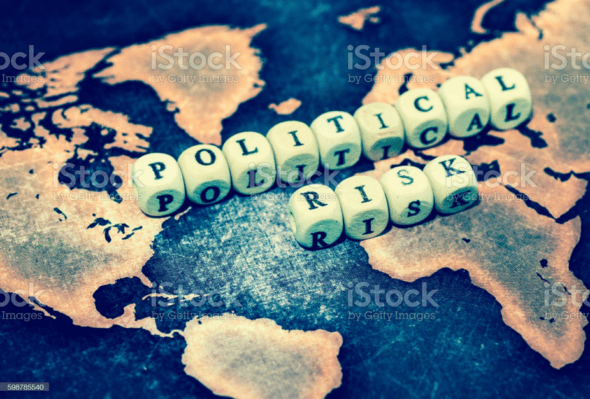
While land borders between countries remain key delineators of political risk, competition for ocean territory, resources, minerals and space will increasingly influence interstate relations.
The recent invasion of Ukraine by Russia is a reminder of how quickly these tensions can escalate.
The appalling consequences of this conflict on the Ukrainian people will remain at the centre of our thoughts for the foreseeable future. However, this is also a moment for businesses and investors to consider how developments in the environments of sea, space, and soil could influence future geopolitical tensions between countries and regions.
With more than 80% of the sea depths unexplored, there remains immense potential for exploration and investment to meet the growing demand for food and raw materials. However, this ‘blue exploration’ raises the risk of heightened geopolitical tension because the broader challenge of climate-related risk is dependent upon the oceans. Most potential resources are located in exclusive economic zones (EEZs), which cover territorial rights offshore that may be contested.
The energy transition as economies increasingly move towards a net-zero model will also shape geopolitical future risk.
With just a small number of countries, often with autocratic systems of government, producing these minerals, alternatives such as mining the sea bed are increasingly being investigated. However, this exploration could cause irreversible damage to underwater ecosystems and further disrupt already fragile global food and supply chains.
Another issue was the space economy, which could escalate tensions.
This situation could be further exacerbated if there is a failure to collaborate on a robust governance framework as more countries turn to space for intelligence gathering, navigation, and military communications. Within the next decade, the low Earth orbit could host 100,000 satellites, leading to an increase in orbital debris. The impact of even a small piece of space junk could seriously damage orbiting equipment and risk triggering conflict.
For more information please Contact Us

